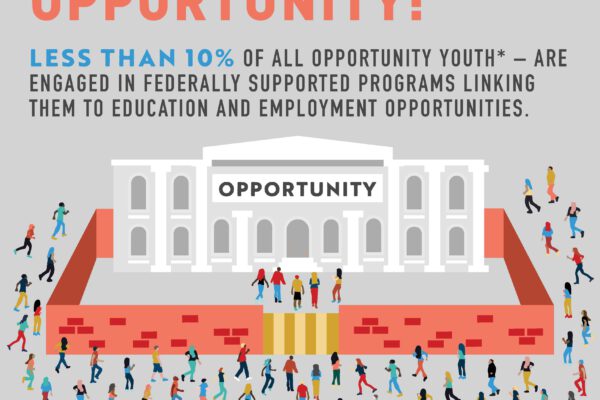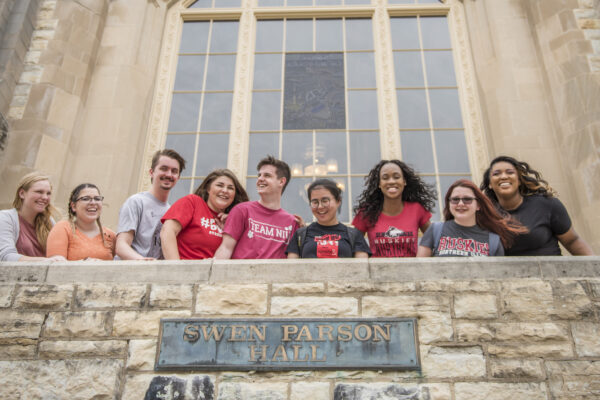Adjusting the Federal “Satisfactory Academic Progress” Policy to Better Serve Students
Title: Satisfactory Academic Progress: Making Financial Aid Work for Today’s Students
Authors: Richard Davis Jr. and Amy Ellen Duke-Benfield
Source: Higher Learning Advocates
College students who lose financial aid eligibility due to satisfactory academic progress (SAP) criteria face significant financial barriers to continuing in or returning to higher education. A new brief from Higher Learning Advocates explains how SAP can negatively impact students, particularly returning or some credit, no credential (SCNC) students, low-income students, and students of color, and proposes changes to better serve the current student population.
The federal SAP policy requires higher education institutions to establish and uphold eligibility criteria for students to continue to receive financial aid funding, such as Pell Grants, federal work-study, and federal student loans. Although institutions have some discretion in creating their respective criteria, federal regulations lay out baseline standards that students must meet to continue receiving federal aid.
These criteria include: (1) earning and maintaining a 2.0 cumulative grade point average (GPA) by the end of their second year in a baccalaureate degree program or “at the end of each payment period for programs less than one year” and (2) completing a minimum number of courses or credits not to exceed 1.5 times the number of credits in the student’s academic program. Students who do not meet these criteria—also referred to as students who “SAP-ed out”—not only immediately lose access to federal financial aid, but also cannot access federal financial aid in the future, regardless of their time away from higher education or changes in their personal circumstances.
Despite overall limited data on “SAP-ed out” students, the authors share findings from a recent study from John Burton Advocates for Youth, which highlights the racial and economic disparities in SAP ineligibility. Specifically, approximately 77 percent of students who failed to meet one or both SAP criteria were low-income students, and students of color “failed to meet SAP [criteria at] more than twice the rate of their white peers.”
In response, Higher Learning Advocates proposed both institutional and federal policy changes to SAP to improve students’ continued access to critical financial aid sources.
- Updating SAP legislation to allow for “an automatic reset of SAP standing” after a period of non-enrollment. This policy revision would allow students who became ineligible for federal financial aid due to a failure to meet SAP criteria to again access federal financial aid after a two-year period of non-enrollment, therefore reducing financial barriers and increasing educational access to returning students and adult learners.
- Providing clearer guidance on institutional discretion and their flexibility in creating “automatic resets” and in the SAP appeal process. As it stands, students have an opportunity to appeal their SAP standing if they had a death in the family, an inquiry or illness, or “a special circumstance as determined by the institution.” However, the authors argue institutions are “conservative” in approving special circumstance appeals due to fear of being audited or “losing [their] ability to distribute federal financial aid.” Legislation revisions might include a list of potential special circumstances and a caveat explaining that the list is not exhaustive.
- Requiring institutions to collect and report demographic data related to SAP. Improving institutional data collection on “SAP-ed out” students, particularly presenting the enrollment status, gender, race, Pell Grant eligibility, and disability status of these students can provide a necessary, better understanding of the prevalence and inequities of SAP-related financial aid ineligibility.
To read the full brief, click here.
—Alyssa Stefanese Yates
If you have any questions or comments about this blog post, please contact us.


